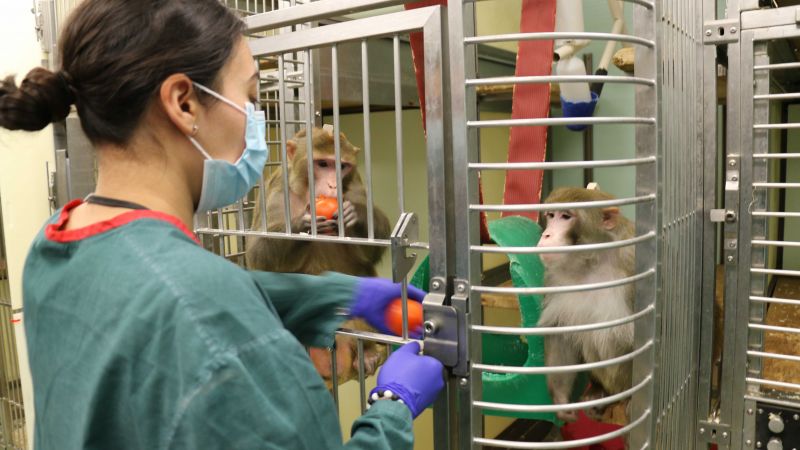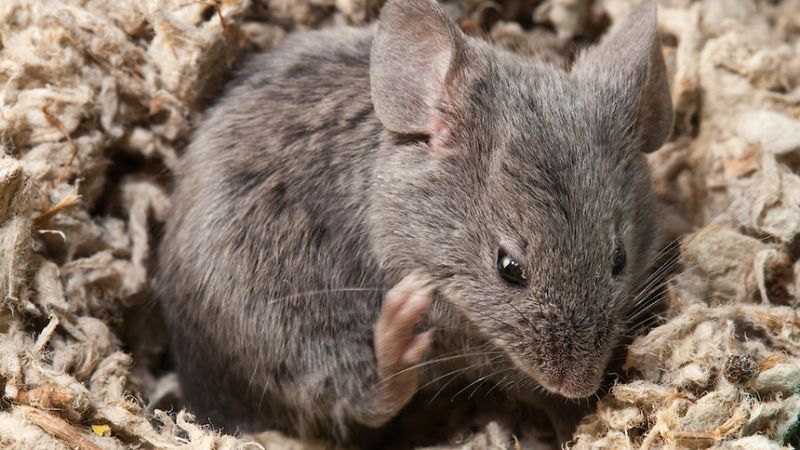Text to go here...
A new antibody treatment protects monkeys from the deadly Hendra virus. It is the first medicine to be developed to treat the virus which kills over half the humans it infects.
Hendra virus emerged in 1994 in Australia and primarily affects horses, which can spread the disease to humans. No human-to-human transmission has been reported to date. The virus targets the lungs and brain and kills six out of 10 victims. The virus is related to the Nipah virus, which is even more deadly, killing almost eight out of ten of the people it infects. It is hoped that the new treatment will protect against both diseases.
A worldwide collaborative project has produced the antibody treatment called m102.4. Antibodies are the body's natural defence against invading viruses and microbes. They are produced when specialised cells in the blood come into contact with unknown particles, such as bacteria, and are very specific for the particle encountered. But with very deadly diseases, like Hendra, the virus is too fast-acting and antibodies do not have time to defend the body.
m102.4 is a special antibody called a monoclonal antibody. Monoclonal antibodies are produced in the laboratory and are being used in a wide range of new medicines. m102.4 was developed using ferrets as a model of Hendra infection for early experiments. To show that it would be effective in humans the researchers then needed to test m102.4 in a primate model of the disease.
Researchers infected 14 African green monkeys with a lethal dose of Hendra virus. Twelve of the monkeys then received two treatments with m102.4, one either at 10, 24, or 72 hours after being infected, and another 48 hours later. All 12 monkeys treated with the antibody survived. The two untreated control monkeys died eight days after being infected.
The experiments show that m102.4 is a very effective treatment and the scientists now hope to develop it into a medicine for humans.
Last edited: 29 July 2022 10:31



